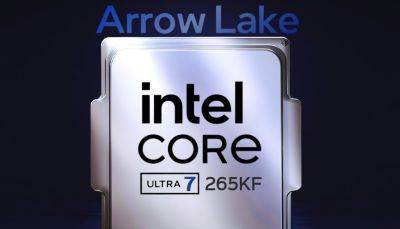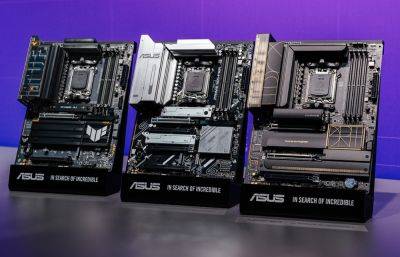Phononic Demos Solid-State Cooling Solution On AMD Ryzen 9 9950X CPU, 2x Cooling Performance Versus 240mm AIO
The era of mainstream solid-state cooling solutions is upon us with Phononic demoing a new tower-type cooler that offers twice the performance versus a 240mm AIO cooler running on an AMD Ryzen 9 9950X CPU.
Solid-State Cooling Solutions See Mainstream Applications, Deliver 2x The Cooling Performance on AMD's High-End Ryzen 9 9950X CPUs Within a Standard Tower-Type Heatsink
Solid-state cooling solutions have been gaining momentum, especially with firms such as Frore Systems showcasing lots of innovation in this space. Now, Phononic has introduced its own solid-state solution which it says will offer disruptive and scalable cooling platforms with both passive and active designs.
Related Story AMD To Provide Patch That Improves Ryzen 9000 “Zen 5” Inter-Core & Chiplet Latency
The cooling requirement in the tech industry is growing at a rapid pace. Modern AI data centers and solutions require more cooling capabilities, leading to bigger and power-hungry solutions to sustain them. Previous generation data centers consumed 40kW per rack and the upcoming generation will consume even more power, around 120kW per rack, that's a 3x increase, and even using the best-case solution, the industry can only achieve 66kW per rack due to given cooling limitations. 40% of the power budget in data centers goes toward thermal management and it's time that companies start investing in innovative solutions to sustain themselves.
Conventional setups currently use either air or liquid cooling. Air cooling is mostly used in passive solutions and is reaching practical limits. That is driving the need for liquid cooling solutions as we have seen most NVIDIA Blackwell AI platforms integrate custom-liquid loop designs. Passive cooling solutions are capped by ambient temperatures while active cooling solutions can lack resolution & lead to over-power.
Phononic introduces its Solid State cooling solution which provides both Passive and Active thermal management. In passive mode, the Phononic solution







